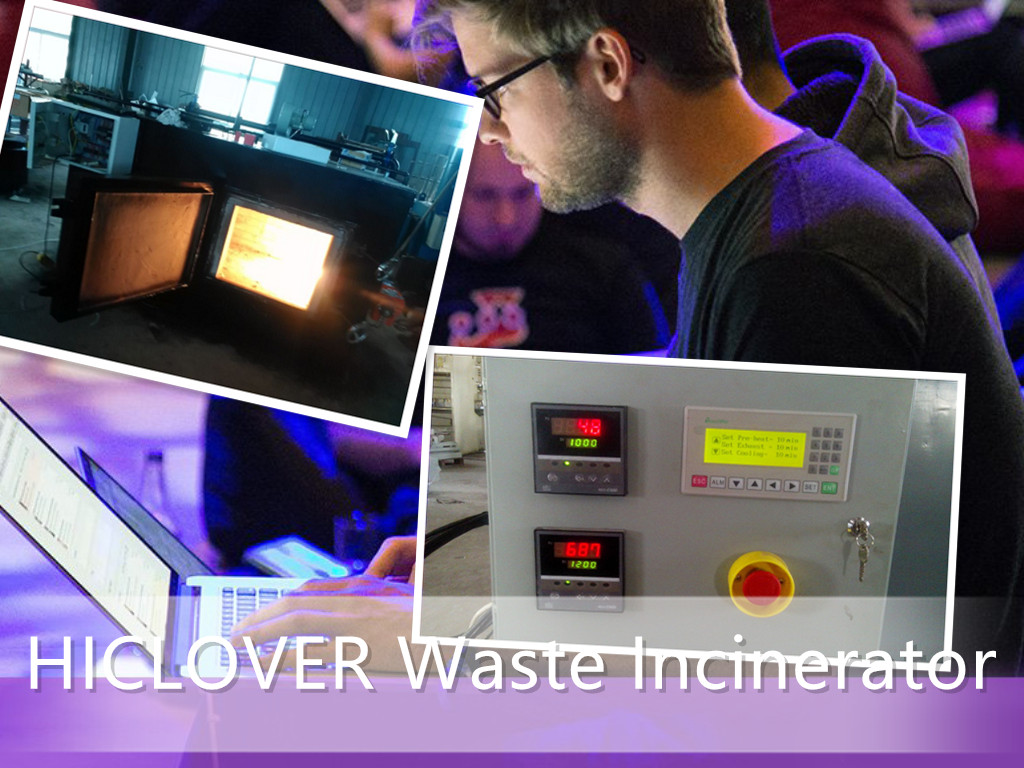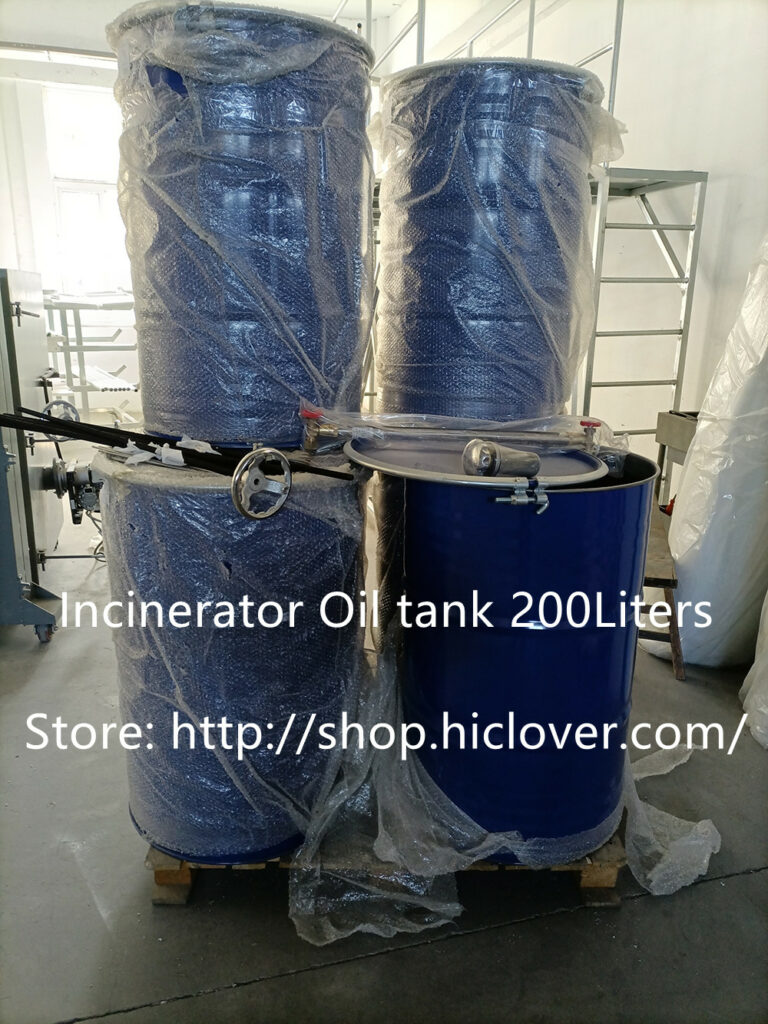Solid waste disposal is a growing concern for many communities around the world. As populations continue to increase and urbanization expands, the amount of waste generated also continues to rise. Finding sustainable solutions for solid waste disposal is crucial for a cleaner and healthier future for our planet.
The improper disposal of solid waste can have a devastating impact on the environment and public health. Landfills and incineration processes release harmful greenhouse gases and toxins into the atmosphere, contributing to air and water pollution. Additionally, the accumulation of waste in landfills can contaminate the soil and groundwater, posing a serious threat to wildlife and human populations.
To address these pressing issues, it is essential to focus on sustainable waste disposal methods that can minimize environmental impact and promote resource conservation. One of the most effective approaches is to prioritize waste reduction and recycling. By reducing the amount of waste generated and reusing materials whenever possible, we can significantly decrease the need for traditional disposal methods.
Another key aspect of sustainable waste disposal is the implementation of advanced technologies and innovative techniques. Waste-to-energy facilities, for example, can convert solid waste into electricity or heat, reducing the reliance on fossil fuels and mitigating the environmental impact of waste disposal. Additionally, composting and organic waste management programs can help divert biodegradable materials from landfills, reducing methane emissions and creating valuable compost for agricultural use.
Community engagement and education also play a critical role in promoting sustainable waste disposal practices. Encouraging individuals to separate their waste, recycle, and properly dispose of hazardous materials can make a significant impact on overall waste management efforts. Furthermore, raising awareness about the environmental and health implications of improper waste disposal can inspire individuals and communities to take proactive steps towards positive change.
Local governments and waste management companies can also play a vital role in finding sustainable solutions for solid waste disposal. By investing in modern infrastructure and adopting eco-friendly waste management practices, they can help reduce the environmental footprint of waste disposal and contribute to a cleaner and healthier future for their communities.
In conclusion, finding sustainable solutions for solid waste disposal is essential for mitigating the environmental and public health impacts of waste generation. By prioritizing waste reduction, recycling, advanced technologies, and community engagement, we can work towards a cleaner and more sustainable future. It is crucial for individuals, communities, and governments to collaborate and take proactive steps towards implementing sustainable waste management practices to protect the planet for future generations.



